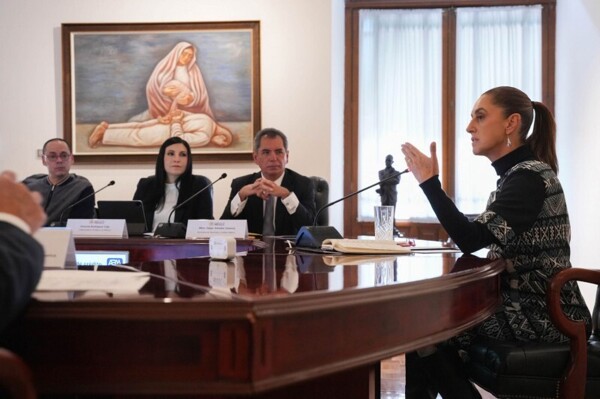
The financial authorities of Mexico are working to adjust the regulatory framework for sharing information with the country's banks and combating money laundering and the financing of terrorism. Elisa de Anda, the president of the Financial Action Task Force (FATF), emphasized the importance of ensuring proper and confidential handling of information in this process.
In a joint statement, Elisa de Anda and José Luis Stein-Velasco, regional head of combating organized crime financing for Latin America at HSBC, highlighted the need to tighten cooperation and information exchange between financial entities and national and international authorities. They acknowledged that organized crime is not limited solely to drug trafficking but encompasses a variety of criminal activities that require joint and specialized attention.
Elisa de Anda pointed out that the financial sector faces increasing international pressure due to the risk of sanctions, especially from the United States, the European Union, and other countries. This pressure has generated a broader awareness among Mexican authorities about the importance of combating organized crime, which represents a significant source of illicit resources, not only through drug trafficking but also through extortion and other lucrative crimes.
José Luis Stein-Velasco stressed the need for banks to intensify their efforts to understand and combat criminal organizations, including those with terrorist links. He highlighted the importance of having specialized investigative teams and effective tools to stop these criminal activities.
In conclusion, collaboration between the treasury sector, the financial sector, and authorities is essential to comprehensively address money laundering, the financing of terrorism, and other illicit activities associated with organized crime.













